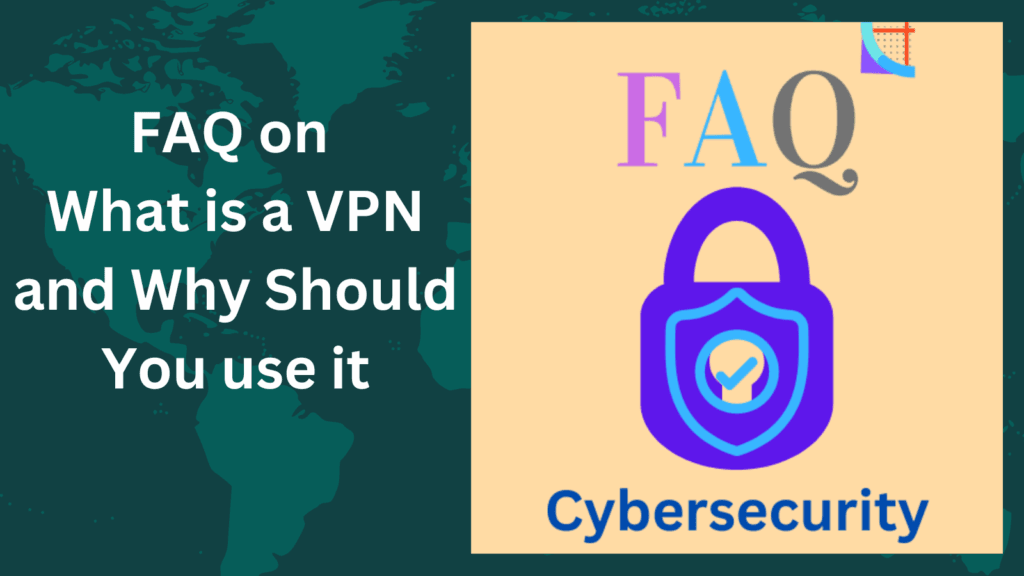
What is a VPN?
A VPN (Virtual Private Network) is a technology that creates a secure and encrypted connection over a less secure network, such as the internet. It allows users to send and receive data as if their devices were directly connected to a private network.
How does a VPN work?
A VPN works by routing your internet traffic through a secure server operated by the VPN provider. This process encrypts your data and masks your IP address, making your online activities more private and secure.
Why should I use a VPN?
Using a VPN enhances your online privacy and security, protects your data on public Wi-Fi networks, allows access to geo-restricted content, and helps prevent tracking by ISPs or advertisers.
What are the benefits of using a VPN?
Key benefits include increased online security, privacy protection, access to restricted content (like streaming services), bypassing censorship, and increased anonymity while browsing the internet.
Can I access streaming services with a VPN?
Yes, a VPN allows you to access geo-blocked content from streaming services by masking your IP address and making it appear as if you are browsing from a different location.
Are free VPNs safe to use?
Free VPNs may pose risks such as data selling, insufficient encryption, and limited security features. Paid VPN services typically offer better privacy protections and support.
Is using a VPN legal?
In most countries, using a VPN is legal. However, it is essential to check local laws, as some countries have restrictions on their use or specific regulations governing VPNs.
How do I choose the right VPN for my needs?
When selecting a VPN, you should consider factors such as security features (encryption protocols), speed, server locations, a no-logs policy, and customer support. Reading user reviews can also help you make an informed decision.
Check out the FAQ on How To Pick the Right VPN